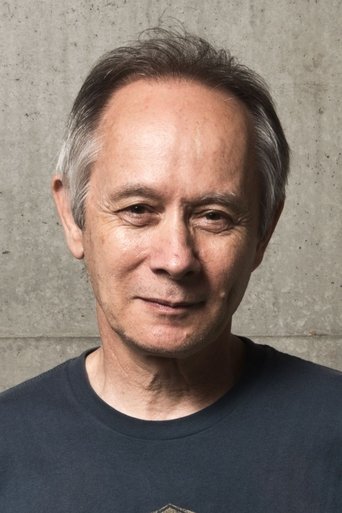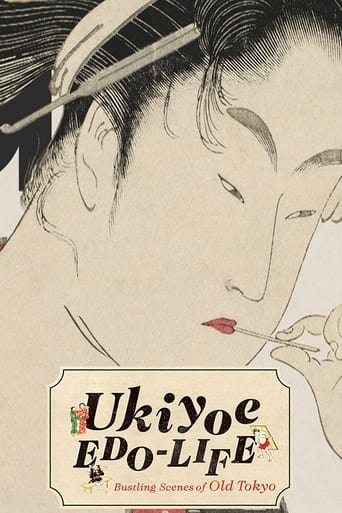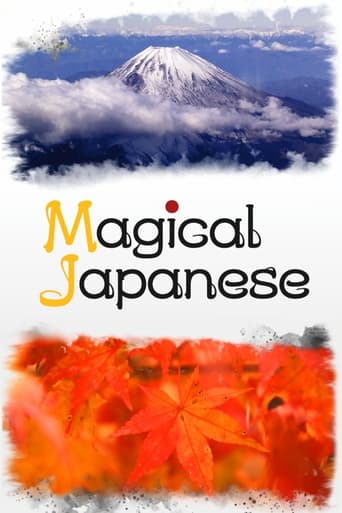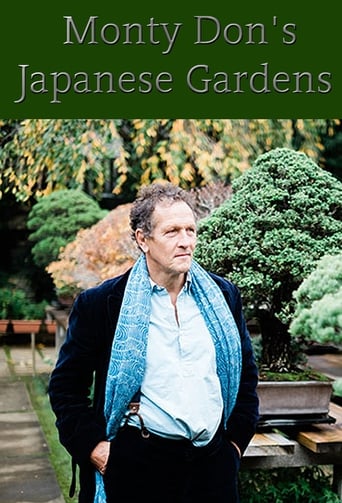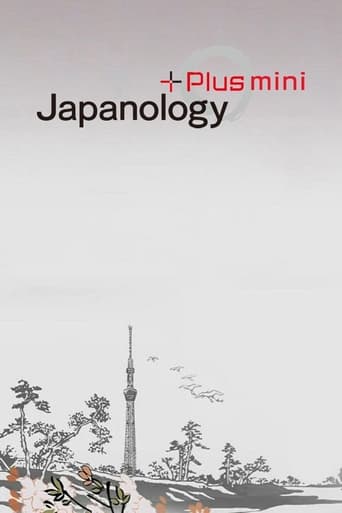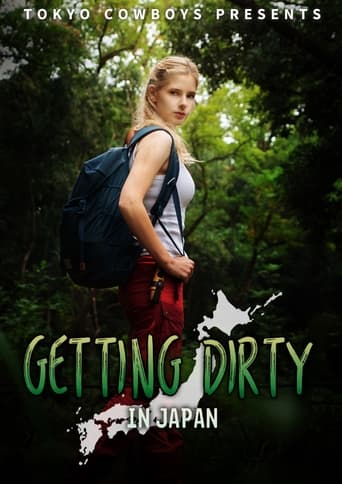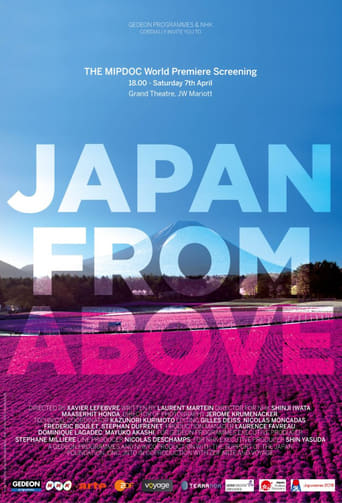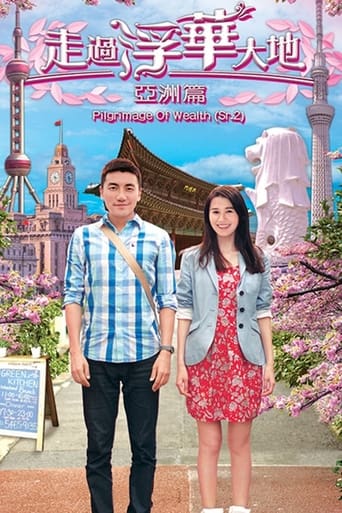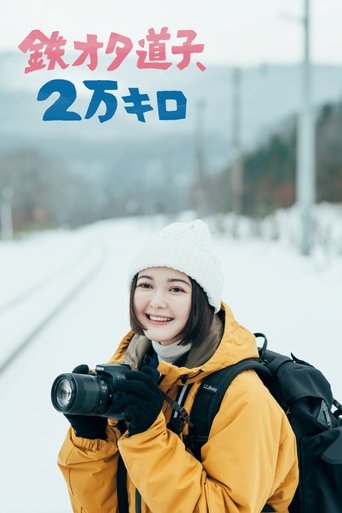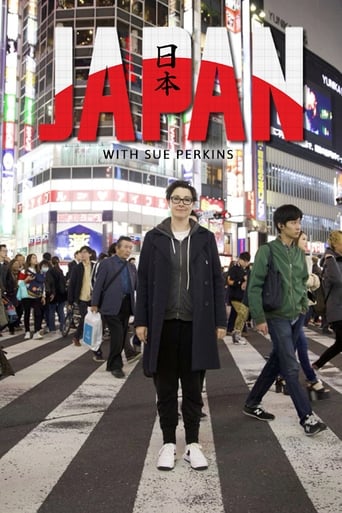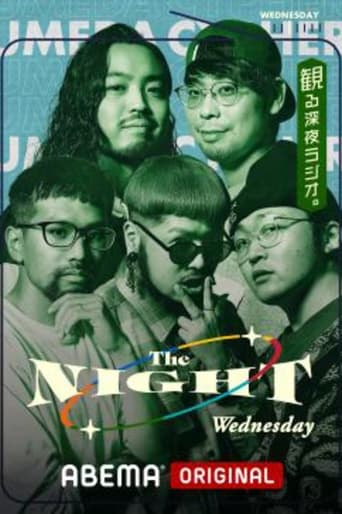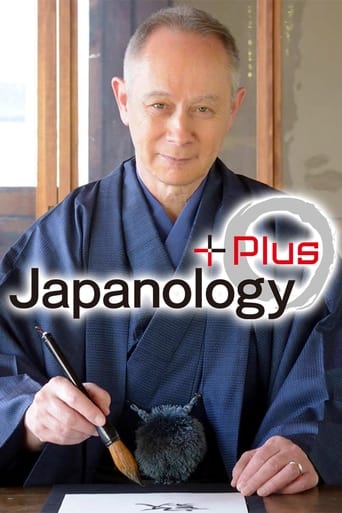
Rating:
7.8/10 by 4 users
Eyeglasses
One of the world's top three production centers for eyeglasses is Sabae, in Fukui Prefecture. We trace the history of Japanese glasses, from the earliest examples to cutting-edge technology.
Writing:
Release Date:
Thu, Apr 03, 2014
Country: JP
Language: En | Ja
Runtime: 28
Country: JP
Language: En | Ja
Runtime: 28
Peter Barakan
Self - Host
Emma Howard
Self - Narrator (voice)
Season 11:
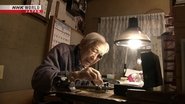
While Japan's population ages, many "active seniors" energetically participate in work and hobbies. An 88-year-old programmer and 104-year-old timepiece repairer show the secrets of senior success.
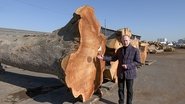
Two-thirds of Japan is covered in forest, and wood has long been the building material of choice. But today, forests are in poor condition. We look at current efforts to revitalize forestry in Japan.

Matthew Headland, a Canadian, works in marketing at a hand-hammered copperware workshop. In a Japanophiles interview, he shares his enthusiasm for the craft with Peter Barakan.

It's a 20th anniversary special! Presenters and viewers join Peter Barakan to look at some highlights. Part one features musician and Japanology fan Todd Rundgren, sake tasting and taiko drumming.

It's a 20th anniversary special! Presenters and viewers join Peter Barakan to look back at some highlights. Part two features fans from around the world discussing great moments from the show's past.

After a slow start, Japanese washing machines have become some of the most advanced in the world. We look at their development and the latest innovations.

Japan's many vacant homes are being used as investments, hotel rooms and opportunities for creative renovation. We discover ways to reimagine properties that were once regarded as almost worthless.

Nicoleta Oprisan from Romania is highly skilled at ikebana, the Japanese art of flower arranging. In a Japanophiles interview, she speaks about ikebana's power to communicate without words.
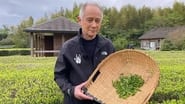
Wakocha, black tea grown and processed in Japan, is winning major international awards. To discover why, Peter Barakan speaks to tea farmers, picks tea leaves, and tastes different varieties.

Roughly 90% of Japan's plastic models are made in Shizuoka, a city whose manufacturing roots date back to shogun Tokugawa Ieyasu. We explore the latest developments for Japan's superb plastic models.

Japanese food tech products such as soybean-based meat substitutes are made using new technology. Land-based aquaculture and 3D food printing are also in the spotlight. We look at the latest products.

Shugendo is a uniquely Japanese spiritual tradition known for its grueling ascetic practices. We explore its origins in the heavily forested mountains of Kumano, and learn about practitioners.

Scholar Minakata Kumagusu made contributions to biology, folklore and other fields. He laid the foundation for environmental conservation in Japan. We explore the environments that inspired his work.

Lekh Raj Juneja, from India, leads Japan's largest manufacturer of rice snacks. In a Japanophiles interview, he talks about the international potential of Japan's rice processing craftsmanship.
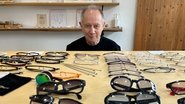
One of the world's top three production centers for eyeglasses is Sabae, in Fukui Prefecture. We trace the history of Japanese glasses, from the earliest examples to cutting-edge technology.
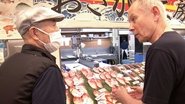
About 900 service areas provide amenities to drivers on Japan's expressway toll roads, generating 530 billion yen in annual sales. We examine their evolution and links with local communities.

Japanese raccoon dogs, or tanuki, are globally rare but have increasingly been seen in Japan's cities since the COVID-19 pandemic. We investigate their long history in tradition and folklore.

French journalist and "sento ambassador" Stephanie Crohin promotes sento, or public bathhouses, on social media. She tells Peter Barakan about her love for the heartwarming world of public baths.

The world loves Japan's heavy machinery. We explore the secrets of its popularity and learn about items ranging from small excavators to cranes that erect skyscrapers in cramped urban spaces.
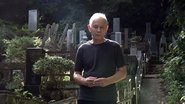
End-of-life planning is spreading in Japan, with many people now thinking hard about what to do with their cremated remains. We learn about diverse graves, including options such as "tree burials."

The spaces under Japan's elevated train tracks are now being used not just for pubs and restaurants but in many new ways, in various urban settings. We explore the economic and community benefits.
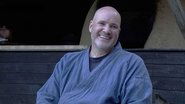
Adam Smith is a potter from England who follows a self-sufficient lifestyle in the mountains of Nagano Prefecture. He creates rich natural colors by using handmade glazes made from local plants.
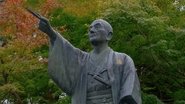
Admired by John F. Kennedy, Uesugi Yozan was a feudal lord who took over the Yonezawa Domain at the age of 15. He enacted financial reforms that led the destitute domain to a miraculous recovery.

A feudal lord admired by John F. Kennedy, Uesugi Yozan prioritized the well-being of his people. This time, in part two, we look at how his policies guided his domain along the path to sustainability.

